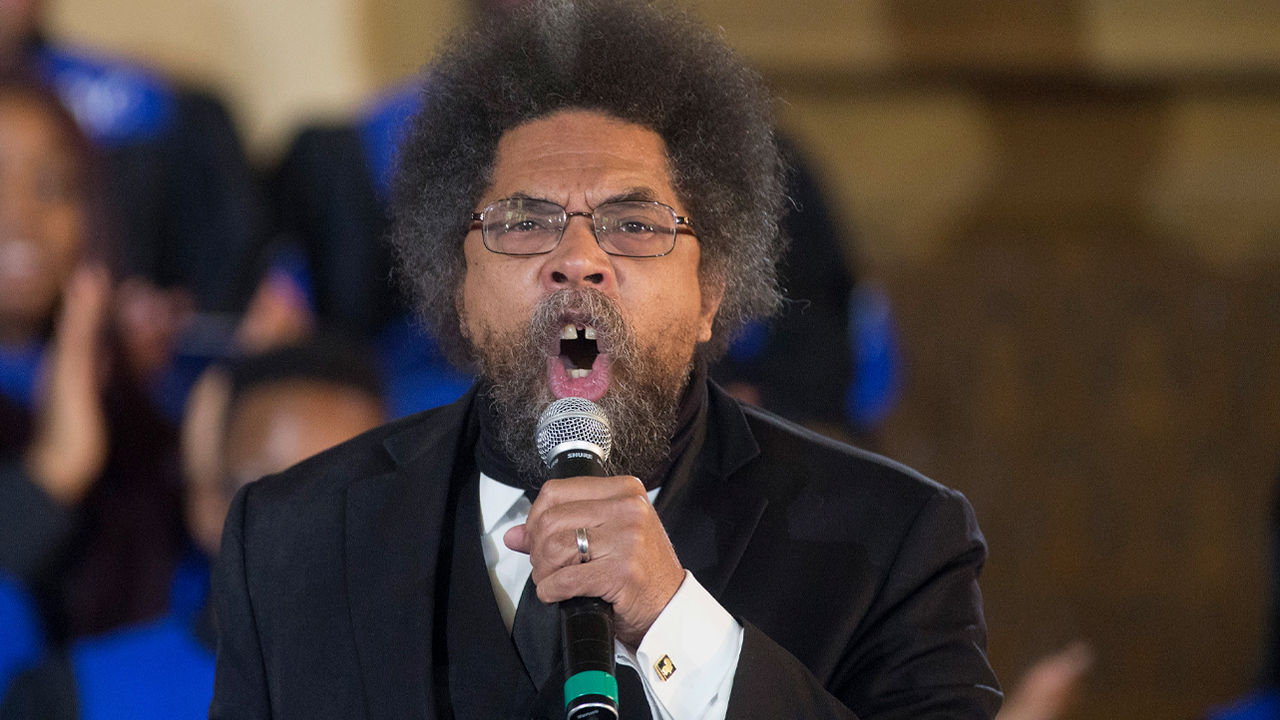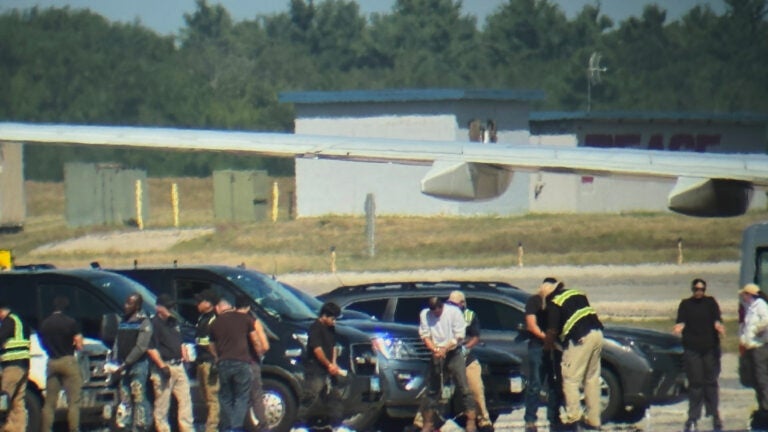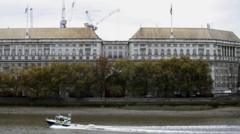Did Activist Cornel West Just Walk Out of a Heated Debate on Political Violence?

Published: 2025-09-16 09:30:38 | Category: Trump GNEWS Search
This article explores the recent heated exchange on "Piers Morgan Uncensored," where Professor Cornel West walked out during a discussion on the political assassination of Charlie Kirk. The segment ignited a national conversation about political violence, the rhetoric used in political discourse, and the implications it has for society. West and Morgan debated the responsibility of language in shaping perceptions and behaviours, particularly regarding the influence of the "woke left" and its impact on younger generations.
Last updated: 25 October 2023 (BST)
Key Takeaways
- Professor Cornel West left a heated debate on "Piers Morgan Uncensored" regarding Charlie Kirk's assassination.
- Piers Morgan attributed part of the blame for political violence to the rhetoric of the "woke left."
- West argued that hatred and indifference are pervasive across all political ideologies.
- The discussion highlighted the challenges of free speech and dialogue in today's political climate.
- Both West and Morgan presented contrasting views on the implications of inflammatory language in politics.
Context of the Discussion
The recent assassination of Charlie Kirk has brought the issue of political violence to the forefront of public discourse. As a prominent conservative figure, Kirk's death has led to renewed scrutiny of the language used in political debates, particularly that which is deemed inflammatory or potentially inciting violence. During the "Piers Morgan Uncensored" episode, Morgan posited that the rhetoric employed by the left, particularly since Donald Trump's rise to power in 2016, has contributed to a toxic political climate.
The Role of Rhetoric in Political Discourse
In the segment, Piers Morgan articulated his belief that terms like "Nazi" and "fascist" have been misused in political conversations surrounding Trump and his supporters. He suggested that this language not only distorts the reality of the political landscape but also influences younger audiences to perceive a moral obligation to act against perceived threats to democracy.
Cornel West’s Perspective on Hatred and Indifference
Professor Cornel West challenged Morgan's view, asserting that the deeper issues at play go beyond mere language. He highlighted the presence of "organized greed" and "weaponized hatred," suggesting that these societal factors erode the foundations of character and integrity among individuals. West's argument implies that the problem lies in a broader context of societal decay rather than solely in the rhetoric of the political left.
The Clash of Ideas
The dialogue escalated as fellow panelist Andrew Wilson confronted West about his previous characterisation of Trump’s administration as neo-fascist. West acknowledged his position, leading to a spirited exchange that spotlighted the difficulty of discussing contentious issues without descending into conflict. The emotional intensity of the discussion revealed the challenges faced by public figures when addressing polarising topics.
West’s Walkout: A Symbol of Frustration
Ultimately, West's decision to leave the discussion reflects a frustration with what he perceives as the trivialisation of serious topics in media. He condemned the format of the debate, arguing that it prioritises entertainment over genuine dialogue. This moment underscores a significant issue within contemporary media, where nuanced discussions can sometimes be overshadowed by sensationalism and conflict.
Implications for Future Political Discourse
The fallout from this segment raises critical questions about how political dialogue is conducted in the modern era. As political violence becomes an increasingly pressing concern, the responsibility of public figures to engage thoughtfully in discussions is paramount. The exchange between West and Morgan illustrates the potential for dialogue to deteriorate into chaos, thereby hindering the possibility of constructive engagement.
The Broader Impact of Political Violence
Political violence, as highlighted by Kirk's assassination, poses a serious threat to democratic processes and societal stability. This incident serves as a reminder of the real-world consequences that can arise from heated political rhetoric. As society grapples with these issues, it is essential to foster an environment where diverse viewpoints can be expressed respectfully and constructively.
Examining the Legacy of Political Rhetoric
The manner in which political figures communicate can have lasting effects on public sentiment and behaviour. The ongoing debate about the appropriateness of certain terms and phrases, particularly in relation to political opponents, underscores the importance of language in shaping our understanding of political realities. As history has shown, the misuse of language can lead to dangerous misinterpretations and actions.
Conclusion: A Call for Thoughtful Dialogue
The exchange between Cornel West and Piers Morgan serves as a microcosm of the broader challenges facing political discourse today. As the conversation around political violence continues, it is vital for all parties to reflect on the power of their words and the potential ramifications of inflammatory language. In a world increasingly divided by ideology, fostering respectful and meaningful dialogue is essential for healing and progress.
As we navigate the complexities of contemporary political discourse, how can we encourage more constructive conversations that prioritise understanding over conflict? #PoliticalDiscourse #FreeSpeech #CivilDialogue
FAQs
What happened on "Piers Morgan Uncensored" involving Cornel West?
Professor Cornel West walked out of a segment discussing Charlie Kirk's assassination, which sparked a debate about political violence and rhetoric used by the left.
Why did West leave the discussion?
West felt that the format of the debate prioritised sensationalism over genuine dialogue and expressed frustration with how serious topics were handled.
What did Piers Morgan argue about the left's rhetoric?
Morgan suggested that the language used by the "woke left" has contributed to a culture of political violence, influencing young people to act against perceived threats.
How does Cornel West view the current political climate?
West believes that organized greed and weaponised hatred are more significant issues than rhetoric, arguing these factors erode integrity and character in society.
What are the implications of political violence for society?
Political violence threatens the democratic process and societal stability, highlighting the need for thoughtful and respectful political dialogue.



